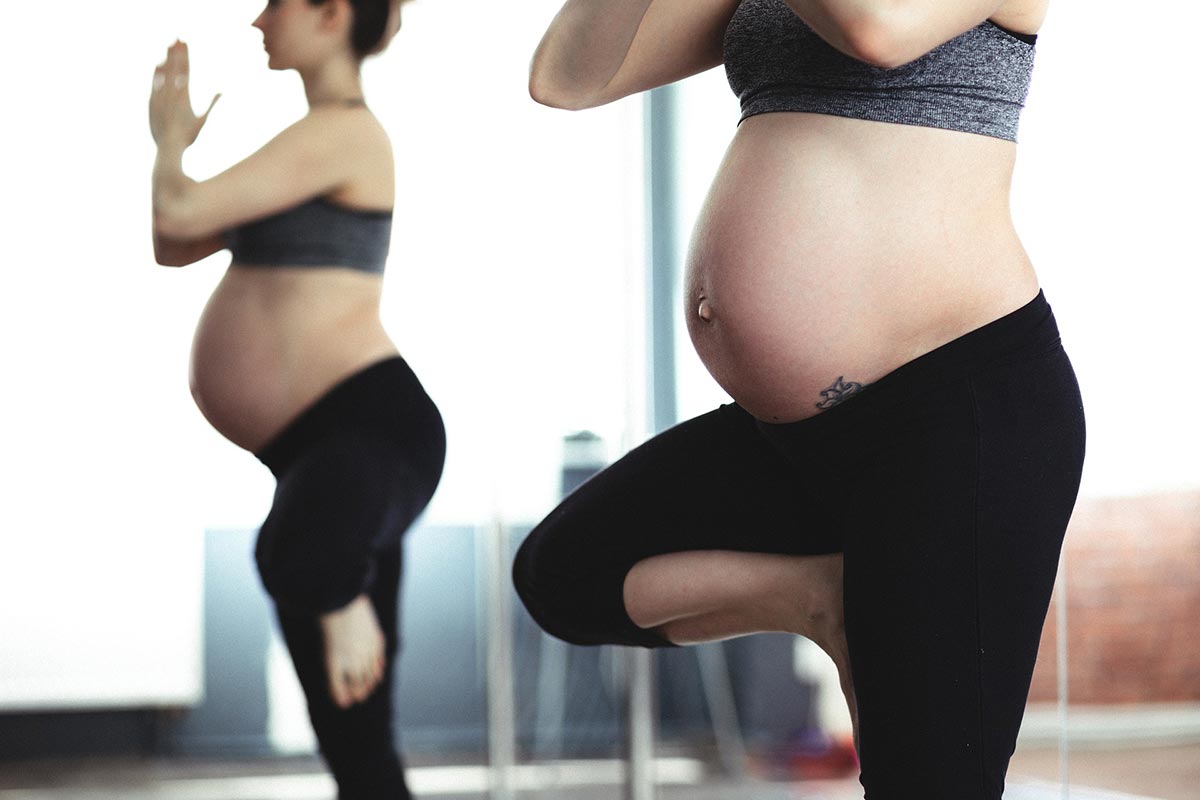Many of us accept weaker bones as an inevitable part of aging. While it's true that advancing age can lead to a decline in bone density, it's crucial to understand that proactive measures can significantly impact bone health throughout life. With proper awareness and consistent care, maintaining strong and healthy bones well into our senior years is entirely achievable. This understanding empowers us to take control of our bone health and mitigate the risks associated with age-related bone loss.
The Dynamic Nature of Bone and Age-Related Changes
Our bodies are constantly engaged in a process of bone remodeling, replacing old bone tissue with new bone, much like the renewal of any other tissue. This continuous cycle of breakdown and rebuilding ensures bone strength and integrity. However, as we age, the balance of this process shifts. The body begins to lose more bone tissue than it can replace, leading to a gradual decrease in bone density and an increased susceptibility to fractures. Although women are statistically more prone to bone loss, particularly after menopause, both sexes need to be equally aware of how to care for aging bones to enjoy a healthier, more active life. This understanding of the bone remodeling process is key to preventing osteoporosis and other bone-related conditions.
Factors Contributing to Bone Loss Beyond Aging
Another reason why aging is often associated with weaker bones is the fact that our body's ability to absorb calcium from our diet decreases as we age. This reduced absorption triggers a hormonal response where the body releases calcium from the bones into the bloodstream to maintain proper calcium levels. This process, while essential for other bodily functions, can inadvertently weaken the bones over time. In addition to aging and calcium absorption issues, several other factors contribute to bone loss. These include excessive smoking, which has been linked to decreased bone density; insufficient calcium intake throughout life; vitamin D deficiency, which impairs calcium absorption; excessive alcohol consumption, which interferes with bone formation; early onset of menopause, due to the rapid decline in estrogen levels; a family history of osteoporosis or fractures; physical inactivity, which weakens bones; and prolonged usage of certain medications, such as corticosteroids. Understanding these risk factors is essential for developing a personalized bone health strategy.
Caring for Bones: A Lifelong Commitment
It's never too early, or too late, to begin prioritizing bone health. Implementing healthy habits early in adulthood can significantly contribute to stronger bones later in life. However, even starting later in life can still offer substantial benefits. Here are some key strategies for maintaining strong bones: Eat Calcium-Rich Food: Consuming adequate calcium throughout life is crucial for building and maintaining strong bones. The recommended daily calcium intake varies depending on age and other factors, but adults generally need around 1000-1200 mg per day. Excellent dietary sources of calcium include dairy products like milk, cheese, and yogurt; fatty fish like salmon and sardines (with bones); tofu; fortified plant-based milk alternatives; beans, peas, and lentils; and green leafy vegetables like spinach, kale, and collard greens. Ensuring sufficient calcium intake through diet is a fundamental step in preventing bone loss. Get Plenty of Vitamin D: Vitamin D plays a vital role in calcium absorption, making it essential for bone health. Our bodies produce vitamin D when exposed to sunlight, but factors like skin pigmentation, sunscreen use, and time of year can affect vitamin D production. Dietary sources of vitamin D include fortified milk and cereals, eggs, cod liver oil, and fatty fish like salmon, tuna, and mackerel. Supplementation may be necessary, especially for individuals with limited sun exposure.
The Importance of Exercise and Lifestyle Choices
Staying active and engaging in regular exercise offers numerous health benefits, including maintaining strong bones. Weight-bearing exercises, where your bones and muscles work against gravity, are particularly effective for building and maintaining bone density. Examples include walking, jogging, hiking, dancing, aerobics, and strength training with weights or resistance bands. These activities stimulate bone formation and help prevent bone loss. Limit Smoking & Drinking: Excessive alcohol consumption can interfere with calcium balance and bone formation, increasing the risk of osteoporosis. Smoking has also been strongly linked to decreased bone density and an increased risk of fractures. Quitting smoking and limiting alcohol intake are crucial lifestyle changes for promoting bone health. These changes not only benefit bone health but also contribute to overall well-being.
The Role of Supplements and Specialized Nutrients
While obtaining nutrients through diet is ideal, supplements can play a valuable role in ensuring adequate intake, especially for nutrients like vitamin D, which are not readily available in many foods. Bone supplements often contain calcium and vitamin D, but it's important to consult with a physician or registered dietitian to determine if supplementation is necessary and to choose the appropriate type and dosage. Strontium, a naturally occurring trace mineral, has also gained attention for its potential benefits to bone health. Some studies suggest that strontium can help increase bone density and reduce the risk of fractures. However, it's essential to consult with a healthcare professional before taking strontium supplements, as they can interact with certain medications and may not be suitable for everyone.
Prioritizing Bone Health at Every Stage of Life
Clearly, it is never too early or too late to start taking care of your bones. Implementing healthy lifestyle habits, including a calcium-rich diet, adequate vitamin D intake, regular exercise, and avoiding smoking and excessive alcohol consumption, can significantly contribute to lifelong bone health. Consulting with a healthcare professional for personalized advice and considering appropriate supplementation can further enhance bone health and reduce the risk of osteoporosis and fractures. Taking proactive steps to care for your bones is an investment in your long-term health and well-being, allowing you to maintain an active and fulfilling lifestyle as you age. This holistic approach to bone health encompasses not only nutrition and exercise but also regular medical checkups and bone density screenings as recommended by your physician.
1National Institute on Aging (NIA). (n.d.). Osteoporosis. Retrieved from [NIA Website]
2National Institutes of Health (NIH) Office of Dietary Supplements. (n.d.). Vitamin D. Retrieved from [NIH ODS Website]
3World Health Organization (WHO). (2007). Scientific report of the world cancer research fund and the American Institute for Cancer Research: Food, nutrition, physical activity, and the prevention of cancer: A global perspective.
4Dean, A. (2012). The complete natural medicine guide to women's health. McGraw Hill Professional.
5Knapen, M. H. J., Drummen, N. E., Smit, E., Vermeer, C., & Theuwissen, E. (2007). Three-year low-dose menaquinone-7 supplementation helps decrease bone loss in healthy postmenopausal women. *Osteoporosis International*, *18*(9), 1185–1191.













